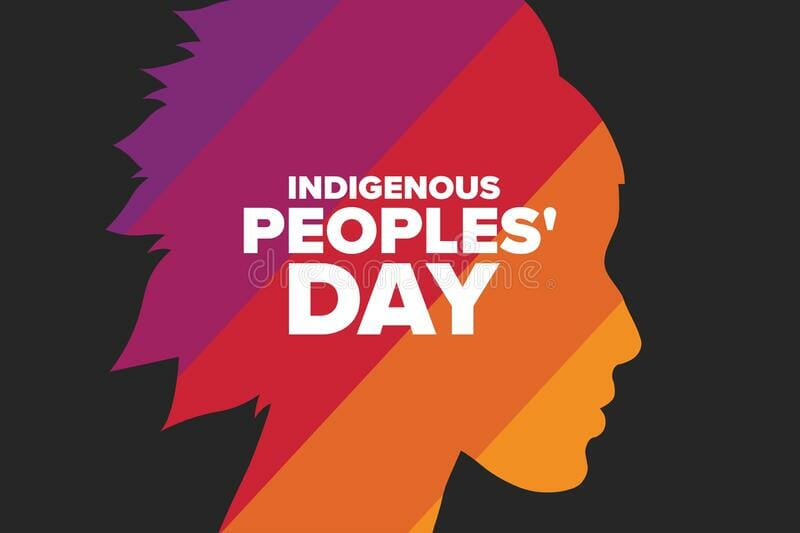(Courtesy/dreamstime)
The ditty of “In 1492, Columbus Sailed the Ocean Blue,” has echoed throughout elementary-school hallways in America for decades, introducing young students to the overwhelmingly Eurocentric and egregiously flawed narrative–too common in American curricula.
What the above phrase fails to address is Christopher Columbus’ acts of racism, murder, enslavement, and rape of the rightful owners of the American land: the Indigenous Peoples of America.
These facts did not seem to phase American leadership in 1937, as Columbus Day, intended to commemorate Christopher Columbus and his “discovery” of our nation, was declared a federal holiday, celebrated on the second Monday of October.
It wasn’t until 1989 that the state with the fourth-largest number of tribal nations, South Dakota, replaced “Columbus Day” with “Native American Day” to foster reconciliation between Whites and Native American peoples. Berkeley, California, quickly followed suit: in 1992, it became the first city to use “Indigenous Peoples’ Day.”
Although it has been more than 30 years since South Dakota chose to celebrate a holiday that honors the victim rather than the oppressor, only 8 states have fully denounced Columbus Day’s celebration as of 2020.
Other states, such as Ohio, were slower to fix this error. In 2018, Columbus, the largest of many cities named for the conquistador, stopped observing Columbus day. But our Columbus City Council neglected to label the October holiday as “Indigenous Peoples’ Day” until 2020, and only select areas in the state–such as Cincinnati, Cleveland, and Columbus–recognize its renaming, which is becoming more recognized by new counties and cities, but not by new states.
This dilemma proves complicated when attempting to discuss this issue nationwide, and even Google Calendar displays both “Columbus Day” and “Indigenous Peoples’ Day” on the second Monday of October to avoid confusion.
Although discussion of “Indigenous Peoples’ Day” as a nation is currently difficult, this does not mean that we should remain indifferent to the importance of this conversation, even if it is at a local level.
Students at Columbus Academy have many opportunities to address how Eurocentric ideals are misrepresented into the fabric of our cities, states, and nation, as we are all members of a school named for a man who committed egregious acts against the Native peoples of this country.
It is imperative that our shame towards Columbus’ actions do not scare us away from genuine dialogue. For us to denounce Columbus’ legacy while attending a school and living in a city that are both in his name, we must educate ourselves about the truth of the masscasres and attempted erasure of thgis country’s many trial nations.
Although Ohio is no longer home to any federally-recognized Native tribes because of The 1830 Indian Removal Act, we can learn our accurate history–not the white-washed versions of our past.
You may update yourself on issues affecting Native American Women in America today: https://www.theguardian.com/
You may also learn about the effects of the pandemic on America’s Indigenous Population:








